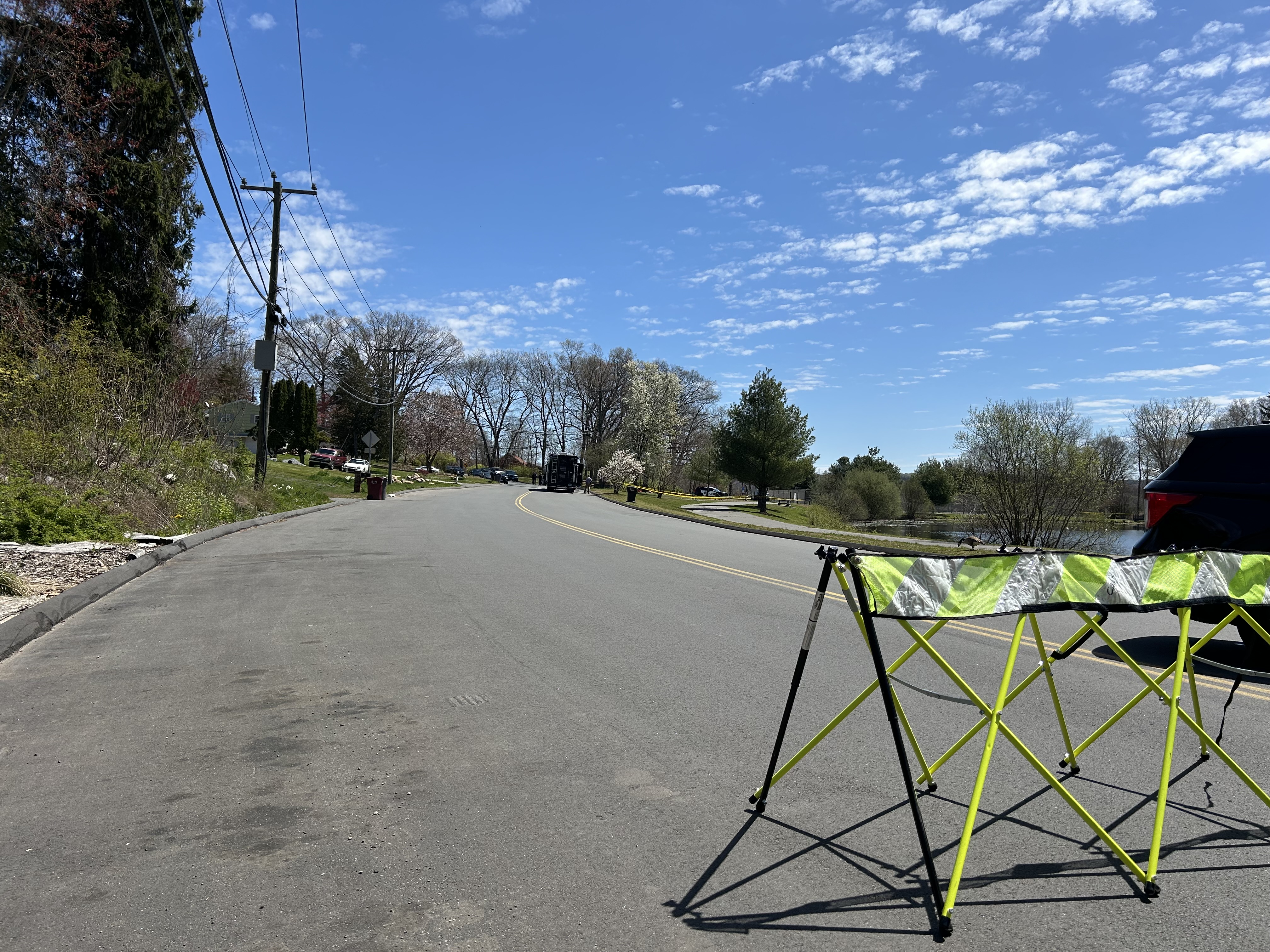A day after the apparent suicide of a father of a Sandy Hook Elementary School shooting victim, there is an important conversation taking place in Newtown and all around Connecticut.
Suicide and what is being done to prevent it are topics that a lot of people are now saying must be discussed. Monday's apparent suicide of Jeremy Richman, 49, the father of one of the victims in the December 2012 shooting, is spurring a new and potentially life-saving conversation.
"I think it's so important that we're talking," said Hilary Blumberg, Professor of Psychiatry at the Yale School of Medicine. Blumberg points to statistics that show that, on average, there is one suicide every day in Connecticut.
What is it that could push someone to the point of taking their own life?
Blumberg said it can be feelings of isolation, hopelessness, someone feeling like they are a burden to others, a past traumatic experience or any combination of those factors.
"Some kind of a major stressor or a trauma can have long-lasting consequences," said Blumberg.
On Monday, Newtown Police Chief James Viadero told NBC Connecticut that shortly after the Sandy Hook tragedy in 2012, mental health professionals were warning that the impacts of the shooting could and would be seen for years.
Details around Richman's actions are unknown, and maybe always will be.
Blumberg said, despite what happened Monday, she finds hope in her research. For instance, the team at Yale is using special scanning methods to identify brain circuitry in young people who suffer from bipolar disorder or from depression, which are the disorders most common in people who die by suicide.
"I think it's so important that we're having this conversation and I would really encourage people to be talking about this," said Blumberg. "It's important to talk about it. It can really help people."
If you are in crisis, call the National Suicide Prevention Lifeline at 800-273-8255 or reach out to the Crisis Text Line by texting 'Home' to 741741.



